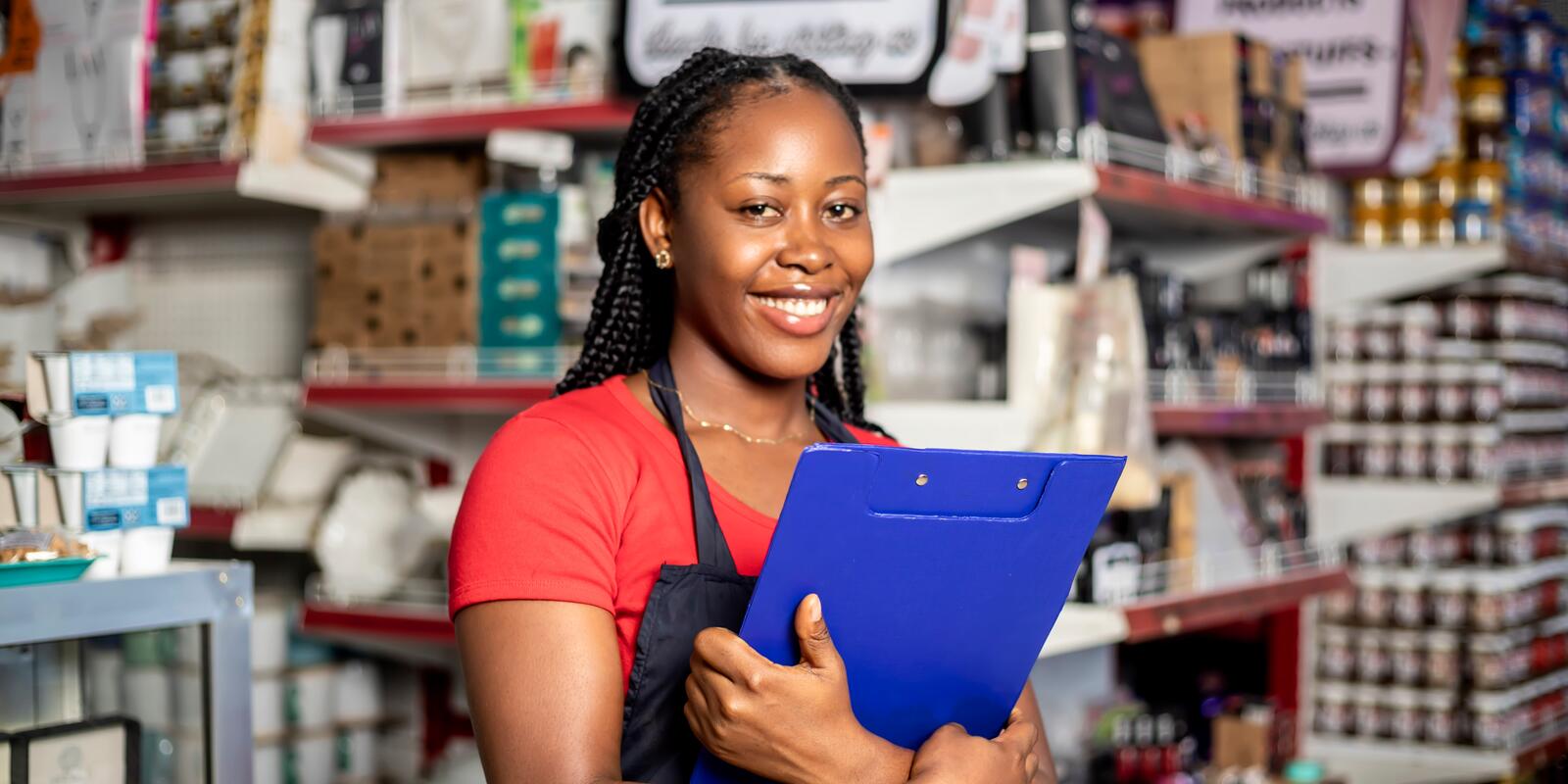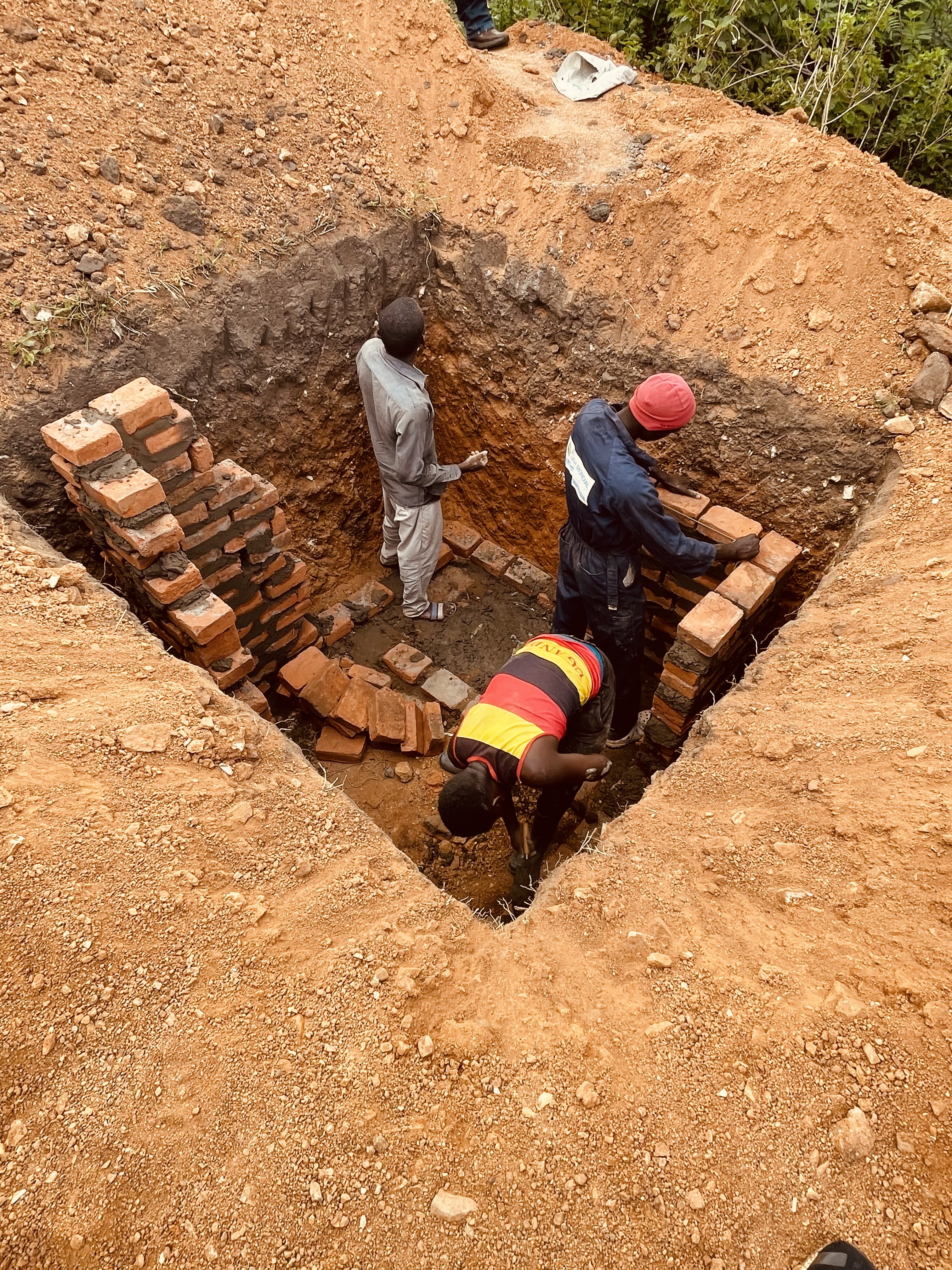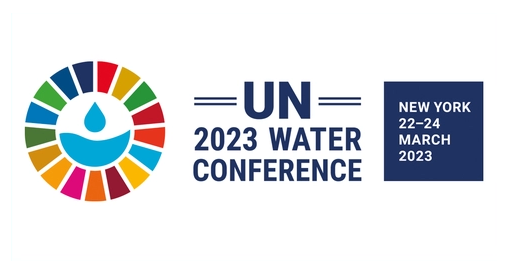In Nigeria, almost 40% of the households are estimated to have limited or no access to sanitation (source: UNICEF/WHO) and approximately 69% of menstruators are estimated to be able to access purpose-made products, but this figure may be lower due to insufficient product availability (source: RHSC).
The Government of Nigeria has demonstrated the highest level of political engagement to tackle the country’s sanitation challenge. According to SHF estimates Nigeria's sanitation economy could grow to USD 12.5 billion by 2030 once universal access is achieved
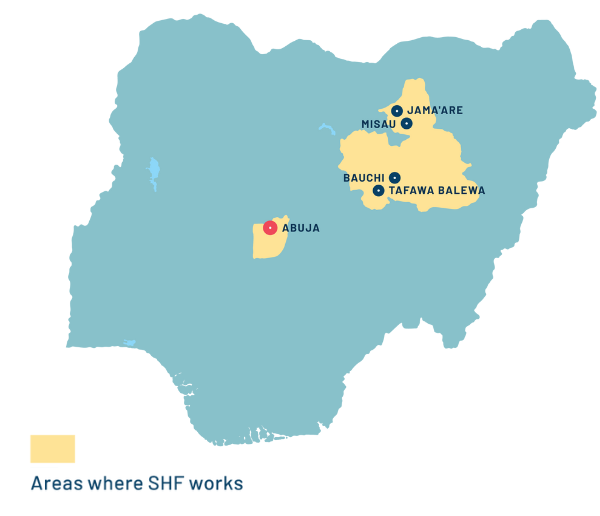

Driving Next Generation Sanitation markets and supporting Cholera Control in Nigeria
To support the Government of Nigeria’s ambition, SHF has been providing national level technical assistance to the Ministry of Water Resources for investment readiness. This work continues alongside the launch of the Accelerating Inclusive Sanitation and Hygiene Economy in Nigeria project with the Ministry of Water Resources, implemented by WaterAid Nigeria.
In line with the National Action Plan (NAP) as well as the National Cholera Plan (NCP), this 30-month intervention addresses key market challenges and engages the private sector to create a viable sanitation economy and improve access to sustainable sanitation and hygiene services in Bauchi, Tafawa Balewa, Misau, and Jama'are Local Government Areas (LGAs) of Bauchi State.
...Read moreDriving Next Generation Sanitation markets and supporting Cholera Control in Nigeria
To support the Government of Nigeria’s ambition, SHF has been providing national level technical assistance to the Ministry of Water Resources for investment readiness. This work continues alongside the launch of the Accelerating Inclusive Sanitation and Hygiene Economy in Nigeria project with the Ministry of Water Resources, implemented by WaterAid Nigeria.
In line with the National Action Plan (NAP) as well as the National Cholera Plan (NCP), this 30-month intervention addresses key market challenges and engages the private sector to create a viable sanitation economy and improve access to sustainable sanitation and hygiene services in Bauchi, Tafawa Balewa, Misau, and Jama'are Local Government Areas (LGAs) of Bauchi State.
The project is expected to directly benefit 904,000 people, representing 60% of the population in the target LGAs, focusing on vulnerable groups, including women, children, and internally displaced persons. Funded by SHF with contributions from the Kingdom of the Netherlands and Switzerland, it forms the thrust of SHF’s Next Generation Sanitation approach that highlights the importance of ensuring operationally, financially and environmentally sustainable and innovative sanitation solutions that are tailored to respond to the specific needs of people and communities, especially women and girls.
Key SHF Partners- Ministry of Water Resources, Nigeria
- The Development Bank of Nigeria - WaterAid Nigeria |
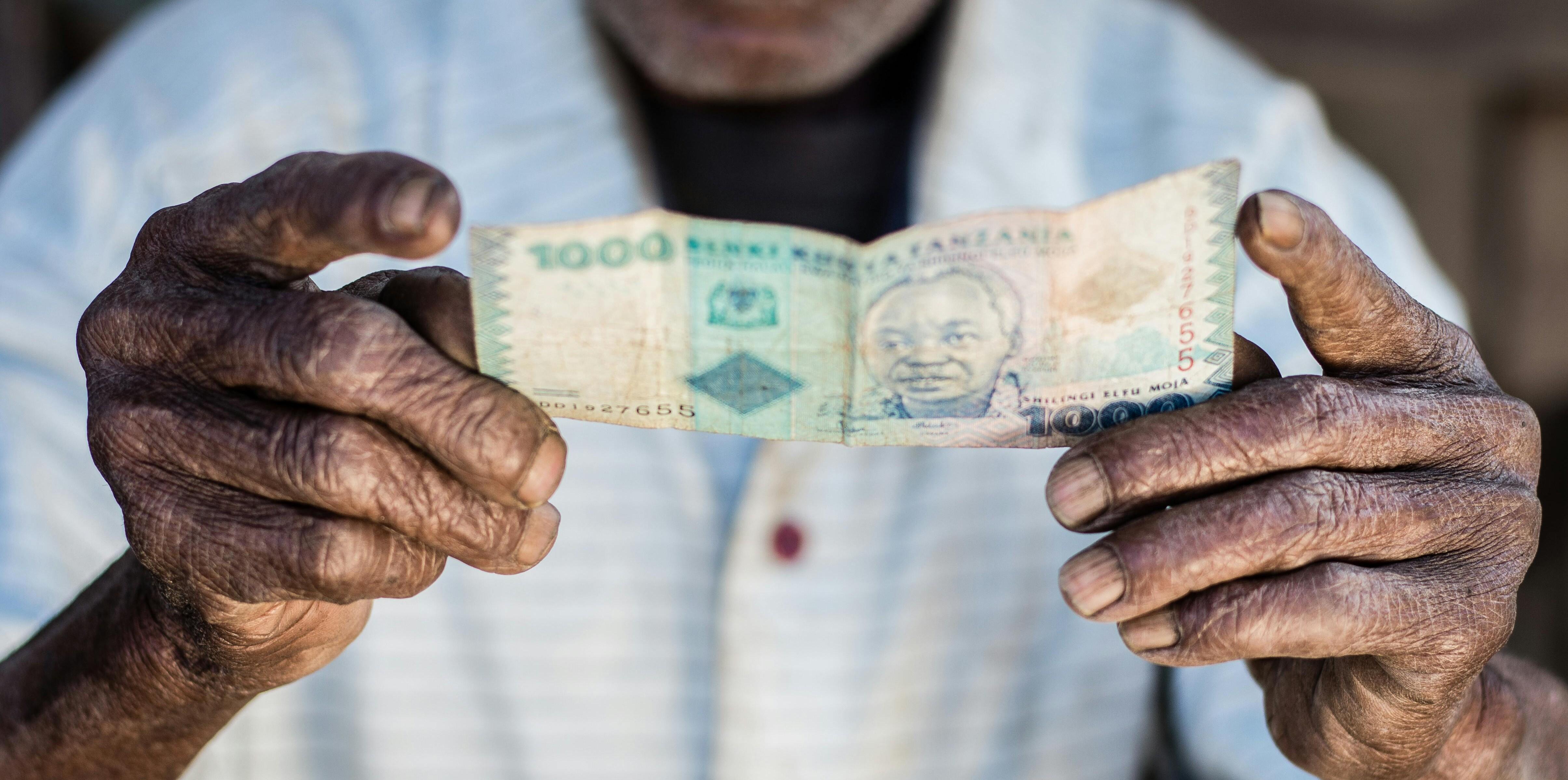
Catalyzing local currency financing with the Development Bank of Nigeria
In early 2025, SHF also signed a first of a kind partnership with the Development Bank of Nigeria (DBN) to support sanitation and hygiene market development in Nigeria through local currency financing and leveraging partnerships for scalable financial solutions.
The partnership sets a pathway to accelerate impact for sanitation and hygiene in Nigeria, and an example for other National Development Banks in the region. It builds on local government efforts to improve sanitation and hygiene: during its first phase, the initiative will provide technical assistance and training to DBN’s partner financial institutions, especially small lenders like microfinance institutions. In parallel, it will seek to improve the bankability of micro and small enterprises in the sanitation and hygiene sector through tailored business model support and technical assistance as well as support for consumer credit scheme solutions.
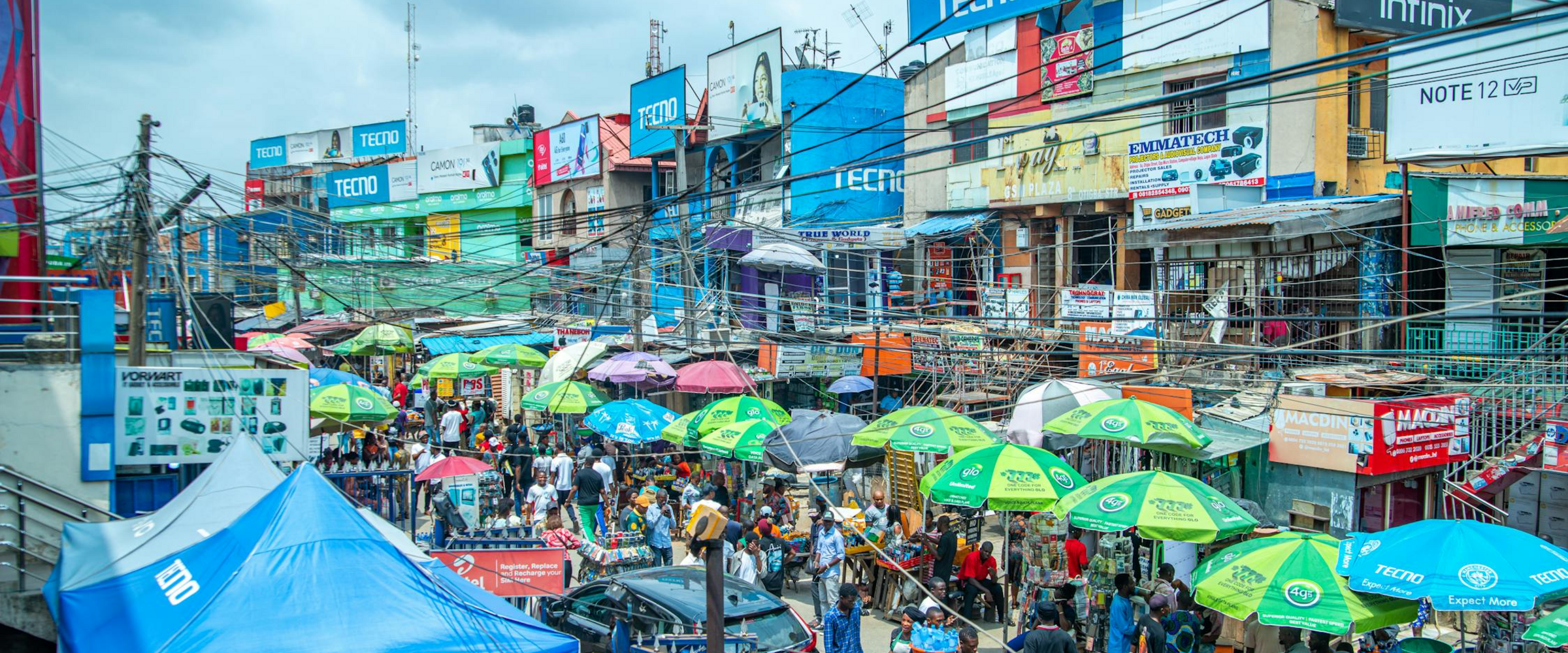
Latest News
Key Resources |
|

